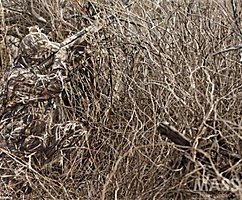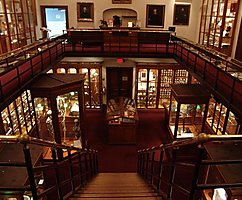Brazilian scientists intend to clone animals on the brink of extinction
 Bashny.Net
Bashny.Net
Brazilian scientists intend to clone jaguars, the four-toed anteater, maned wolves and other animals that are on the verge of extinction. In the framework of this project it is planned breeding of animals for zoos, but now this is causing concern among environmentalists, who fear that the breeding of rare species will contribute to the emergence demand in the market and distract from the more important issue — the protection of their habitat.
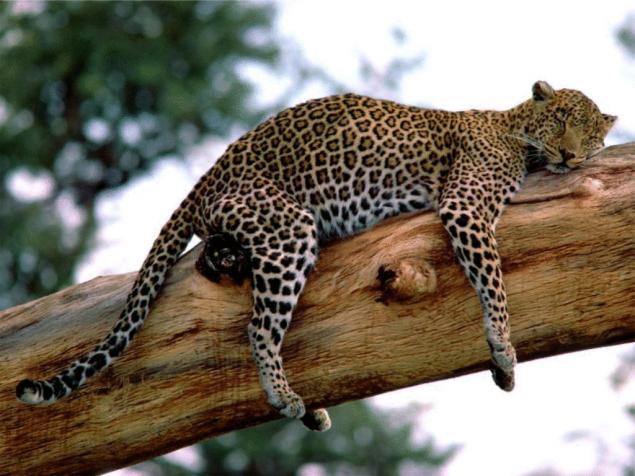
In the past two years researchers from the Brazilian agricultural research Corporation EMBRAPA and the zoo of Brasilia has been collecting somatic cells and spermatozoa of eight species of animals that are endangered, including the gray Masami, Buffalo, coati, black lion tamarins and Bush dogs.
The next step will be to obtain permission from the government to conduct experiments on the 420 samples collected with the intention of reproducing animals. Cloned and captive animals represent only minor genetic value and in the case of crossing with wild relatives, can weaken the population, however, scientists engaged in the project say that their goal is to breed animals in captivity and their display in zoos, and not the replenishment of wild populations.
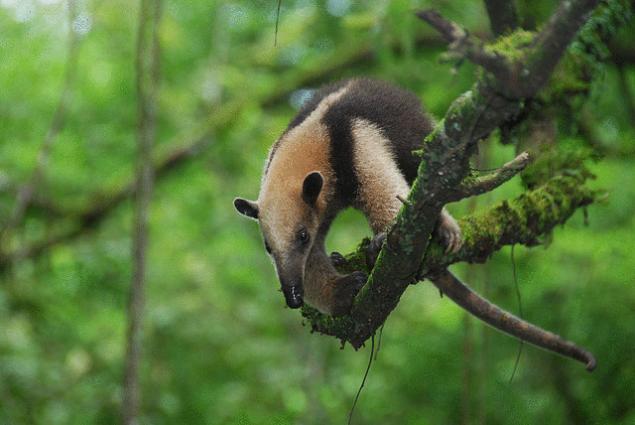
The Corporation EMBRAPA researcher Carlos Frederico Martins said in an interview with the guardian: "Cloning will be carried out specifically for the needs of zoos. We are not going to turn it into another way of preserving rare species. The aim of the project is to test cloning technology and create separate populations for zoos that will relieve them from the necessity to extract animals from their natural habitat".
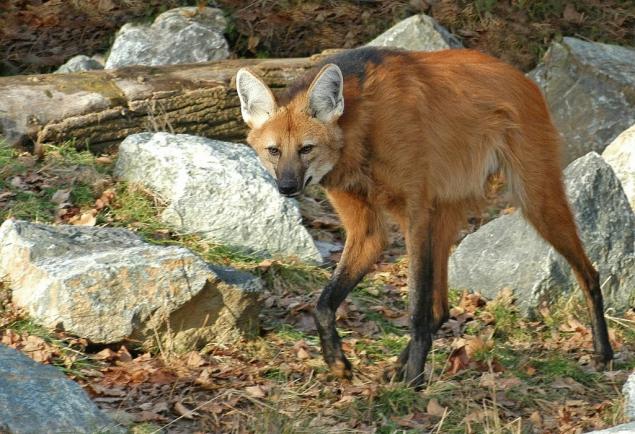
Until recently, almost all genetic samples were obtained in the Brazilian Savannah Cerrado, however, according to the researchers, they intend to form their own gene pool, collecting samples more extensive territory and a greater number of species, including such exotic animals as the African elephant and giraffe. In addition to cloning, scientists plan to conduct experiments with the changes in the composition of sperm and reproduction of embryos. Previously Martins said in an interview with IPS that the first cloned animal is likely to be a maned wolf, although specific plans are not yet available.
Corporation EMBRAPA is involved in cloning since 2001, although the main focus of its activities is the study of livestock, in particular cows and horses.
Brazil is not the first country where the issue of cloning endangered animals. In recent time there are reports that American scientists are trying to clone South African black-footed cat. In turn, their Indian colleagues are working on the reproduction of wild Buffalo in China going to clone the giant Panda, and in Japan — whales and even mammoths, which died out many years ago.
Originally the breeding program animals in captivity has been criticized by environmentalists, especially tigers, Asian black bears and giant pandas. According to environmentalists, these projects contribute to commercialization and the creation of illusion of well-being of rare species, and also an impediment to habitat protection and create a reason for the resumption of the now banned trade in organs of animals.
Source: /users/104

In the past two years researchers from the Brazilian agricultural research Corporation EMBRAPA and the zoo of Brasilia has been collecting somatic cells and spermatozoa of eight species of animals that are endangered, including the gray Masami, Buffalo, coati, black lion tamarins and Bush dogs.
The next step will be to obtain permission from the government to conduct experiments on the 420 samples collected with the intention of reproducing animals. Cloned and captive animals represent only minor genetic value and in the case of crossing with wild relatives, can weaken the population, however, scientists engaged in the project say that their goal is to breed animals in captivity and their display in zoos, and not the replenishment of wild populations.

The Corporation EMBRAPA researcher Carlos Frederico Martins said in an interview with the guardian: "Cloning will be carried out specifically for the needs of zoos. We are not going to turn it into another way of preserving rare species. The aim of the project is to test cloning technology and create separate populations for zoos that will relieve them from the necessity to extract animals from their natural habitat".

Until recently, almost all genetic samples were obtained in the Brazilian Savannah Cerrado, however, according to the researchers, they intend to form their own gene pool, collecting samples more extensive territory and a greater number of species, including such exotic animals as the African elephant and giraffe. In addition to cloning, scientists plan to conduct experiments with the changes in the composition of sperm and reproduction of embryos. Previously Martins said in an interview with IPS that the first cloned animal is likely to be a maned wolf, although specific plans are not yet available.
Corporation EMBRAPA is involved in cloning since 2001, although the main focus of its activities is the study of livestock, in particular cows and horses.
Brazil is not the first country where the issue of cloning endangered animals. In recent time there are reports that American scientists are trying to clone South African black-footed cat. In turn, their Indian colleagues are working on the reproduction of wild Buffalo in China going to clone the giant Panda, and in Japan — whales and even mammoths, which died out many years ago.
Originally the breeding program animals in captivity has been criticized by environmentalists, especially tigers, Asian black bears and giant pandas. According to environmentalists, these projects contribute to commercialization and the creation of illusion of well-being of rare species, and also an impediment to habitat protection and create a reason for the resumption of the now banned trade in organs of animals.
Source: /users/104
Tags
science and technology
cloning
extinction
Brazilian scientists
guar
on the verge of extinction
breeding animals
breeding of rare species
See also
Chronicle shoots animals from the Moscow Zoo
Psychologists explain why smart people have few friends
10 evidence that we still know little to nothing about the Universe
Brown from Abruzzo
Rare animals in danger of extinction
Live animals
The rarest marine animals that may soon disappear due to human activity
About wolves, the fragility of ecosytem and ecology of fear







